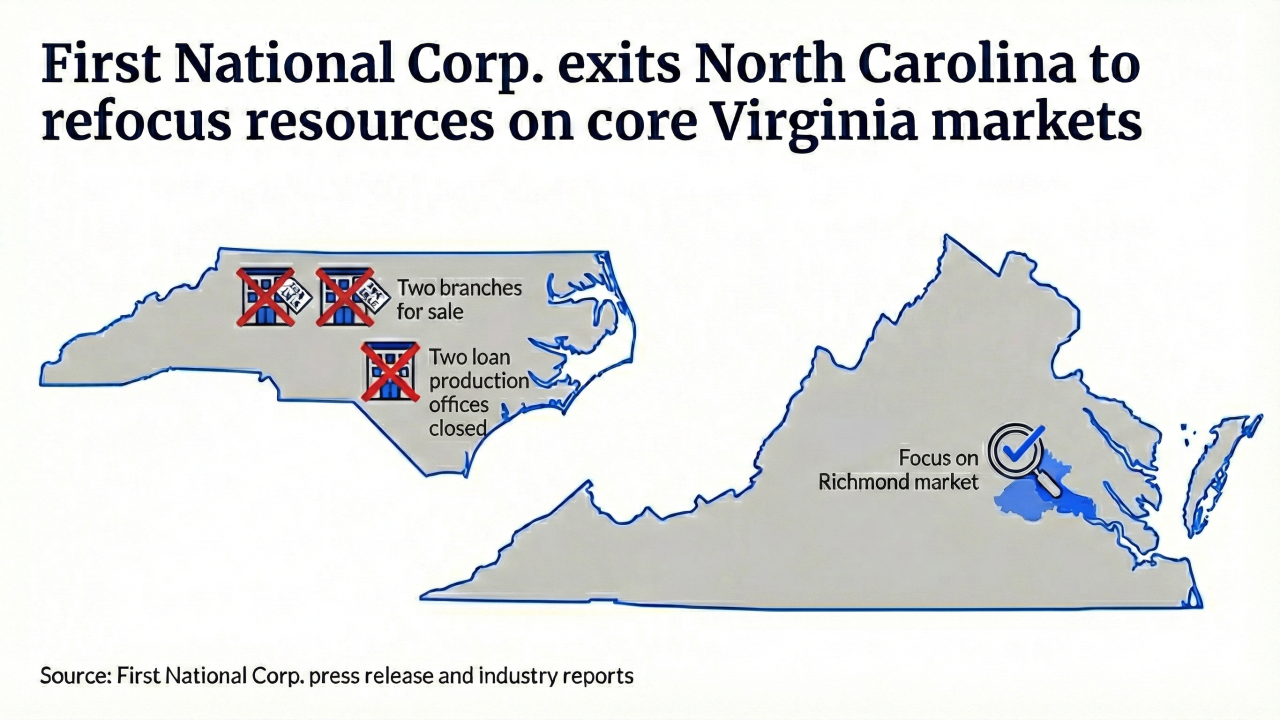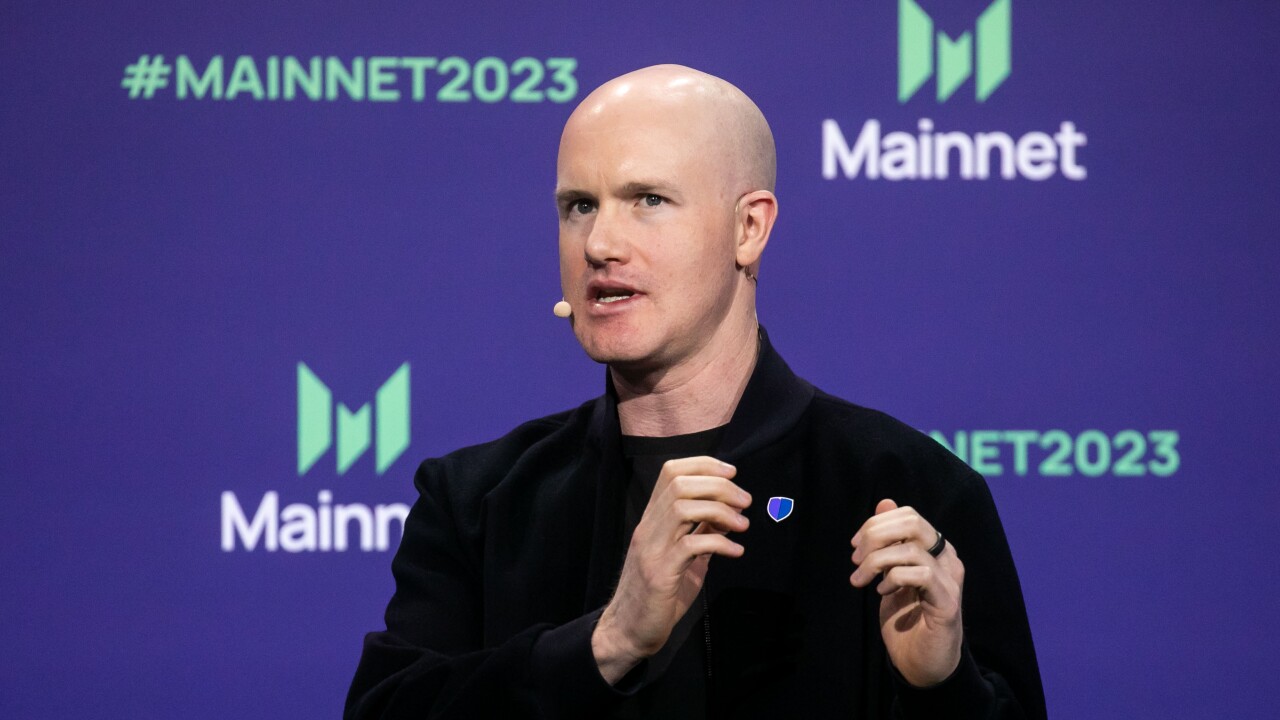WASHINGTON - James Sexton is leaving the Federal Deposit Insurance Corp. - again.
The 61-year-old director of supervision announced last week that he plans to retire at the end of September. FDIC Chairman Donna Tanoue hired him as supervision chief in January 1999, six months after she took the agency's helm, reinstating him to a post he had held in the early 1980s.
Mr. Sexton said in an interview that he has no immediate plans except to return to Texas to spend more time golfing and hiking.
His announcement underscores complaints by critics that he only rejoined the agency because he was 18 months short of a lucrative government pension.
"Talk about a clock-puncher," said Bert Ely, a financial services industry consultant in Alexandria, Va. "It's outrageous. He put in the absolutely minimum time."
Mr. Sexton, who will become eligible for retirement Aug. 6, acknowledged that the boost in benefits was "no small factor" in his returning to the job. But he said he decided only a few weeks ago on retiring.
"I wanted to retire a bank examiner," he said. "There is no better job in the world. It's the way I came into the industry in 1965, and that's how I want to leave it."
Some analysts outside the agency see Mr. Sexton's departure as a blow to the agency.
"Jim is one of the best bank regulators I've ever met," said William Isaac, the former FDIC chairman who promoted Mr. Sexton to supervision director the first time. "I think he will be a big loss to the agency. He is one of the smartest, most articulate regulators."
Mr. Sexton counts starting an interagency effort to set risk-based capital standards for subprime lending and helping bank examiners improve their methods for detecting fraud as accomplishments during his latest tenure. But his greatest concern is how aggressive banks have become over the past decade - and making sure regulators are prepared.
As the market has done well during most of the 1990s, Mr. Sexton said he recognizes that banks want to free up money to make more investments. He said the danger comes when banks cut many of their internal control systems to save expenses.
"We don't like to see those cuts made because there is a temptation to cut a little thin," he said. "We believe that internal loan reviews, internal audits, and management information systems are all worth what you pay for them."
Mr. Sexton said that nonbanks are capturing a greater share of traditional money making activities such as car and real estate loans. With the continued popularity of stocks and bonds as sources of revenue, many bigger borrowers are also finding ways to go around the industry entirely, forcing banks to seek new ways to make money. That has prompted banks, he said, to ease their standards for loans and become more competitive in markets they normally might have stayed away from - such as subprime loans.
That is why he tried to steer the agency toward toughening capital standards for banks engaged in riskier practices. Mr. Sexton said his agency convinced the other regulatory agencies that subprime loans are risky and need special capital standards.
While Mr. Sexton said the agency can force a bank to increase capital, there are no industrywide standards for these activities. He wants to make sure that banks know what they are getting into before they embark on riskier programs.
A draft of the agency's capital proposal that was leaked in January would require banks with subprime portfolios totaling more than 25% of Tier 1 Capital to set aside at least twice the usual capital. Lawmakers and officials from the Office of the Comptroller of the Currency and the Federal Reserve Board criticized the draft, saying that some of its definitions could have unintended consequences. Interagency discussions continue, but the final wording is expected to change dramatically.
Mr. Sexton maintained that all the agencies agree in principle to higher capital for these types of loans, and said he expected the proposal to go forward eventually.
Mr. Sexton also wants examiners to give potential fraud closer inspection when they look at banks. Several costly bank failures in the last two years have been attributed to fraud.
"We got too far away from testing transactions within banks, and our examiners didn't look too hard for fraud," said Mr. Sexton. "But that is a talent we want to recapture. We will start taking a look for it, until it is clear to us that it is no longer needed."
Michael J. Zamorski, deputy director of the division and the agency point man on the year-2000 computer problem, will be acting director after September. Mr. Zamorski was widely considered the front-runner for the top position in 1998, before Mr. Sexton got the job.
Related Content Online:





